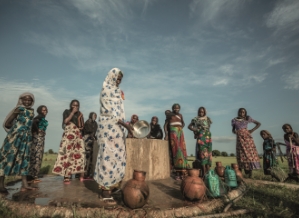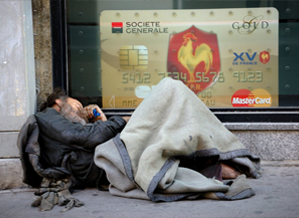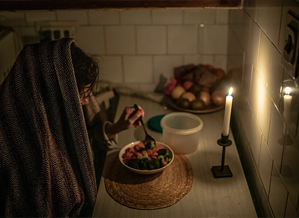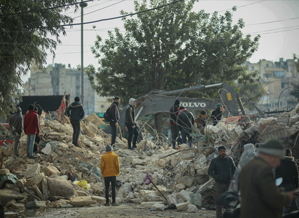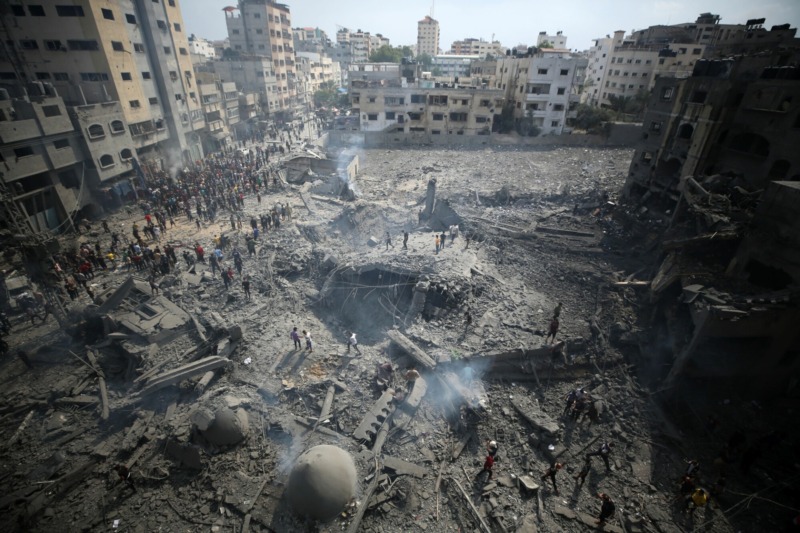Sun reduces bills for farmers in Albania
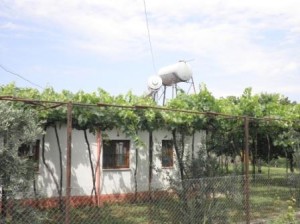
In the field along the road leading to the small house, a man is bending over the watermelons. Behind his back tidy green lines of grape start stretching all the way to the canal as its natural border.
On top of the house, bathing in the sun, is the solar panel, a piece of technical advancement sticking strangely out of the tranquillity of the village farm.
Prend Maroda, a father of three children, is the grape and olives producer. He and his family live on their farm in the village Narac, in Vau i Dejes region, Northern Albania. In the recent years Prend has invested in a mid-sized grape yard and planted some olive trees near his house. In addition, he grows small quantity of watermelons for the local market. He says that fresh produce sells better than wine and oil, which is why he decided to grow grapes for consumption, rather than for wine making. Prend produces around 15 000 kg of grapes each year and 5 000 kg of olives annually, most of which he manages to sell at the local markets. The rest of olives he conserves and sells in jars, as there are no sufficient facilities to make olive oil in his region.
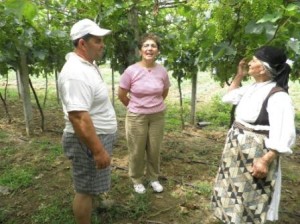
Prend’s family uses the hot water from the solar panel for keeping all the equipment for grape and olives production clean, and washing the olives before conserving them. „It takes a lot of water to clean all the jars for 2-3 000 kg olives!“, Prend wanted to emphasise. They also produce a small quantity of milk and cheese for their own needs, from their 5 goats and one cow, where hot water is needed to keep it all clean for the good cheese. Hot water from the solar panel is sufficient for all their farm and family needs, so that no electricity is ever used to heat the water, since they got the solar panel.
Prend is constantly thinking ahead – how to advance his production and be more efficient. He arranged to go to Italy on a study trip, to spend some time and learn about growing grapes in green houses. „I plan to make half of my grape production under the green house in the next years. That will give me a good advantage on the local market, as the grapes ripen earlier in the green house. That advantage means a lot in the small local market, which is very competitive.“
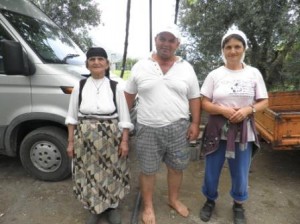
In spite of the problems caused by lack of machinery, constant threat of the hail and lack of processing, packaging and marketing facilities, Prend is hopeful that he will improve his production to provide better life for his family. „It is hard work, you know, but we are not afraid of it!“ said he, as he was going back to his field of watermelons. Prend had to transport all the fertile soil for his grape yard, olive and water melons filed from other parts of Albania, as the local soil is very rocky and infertile.
